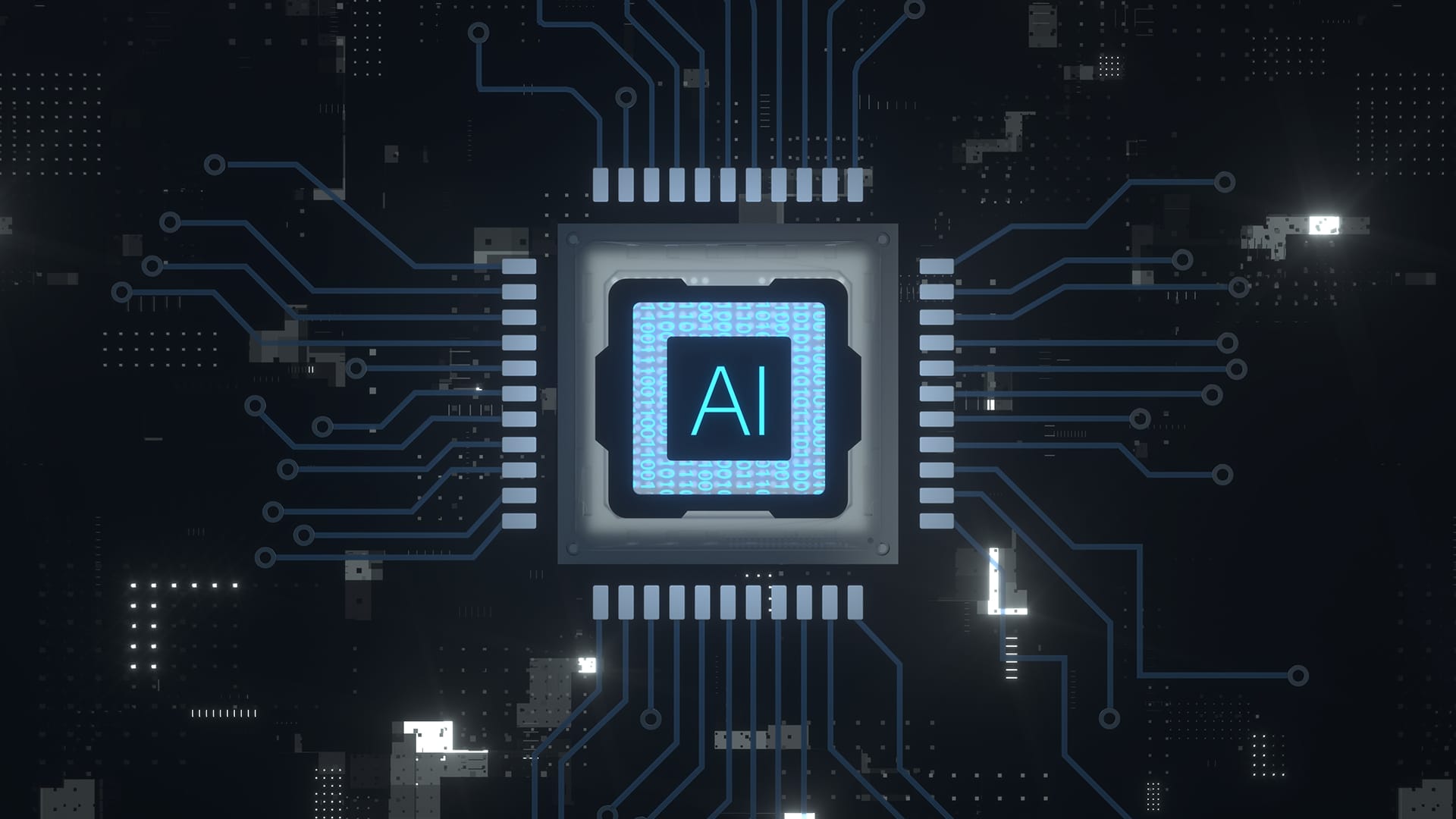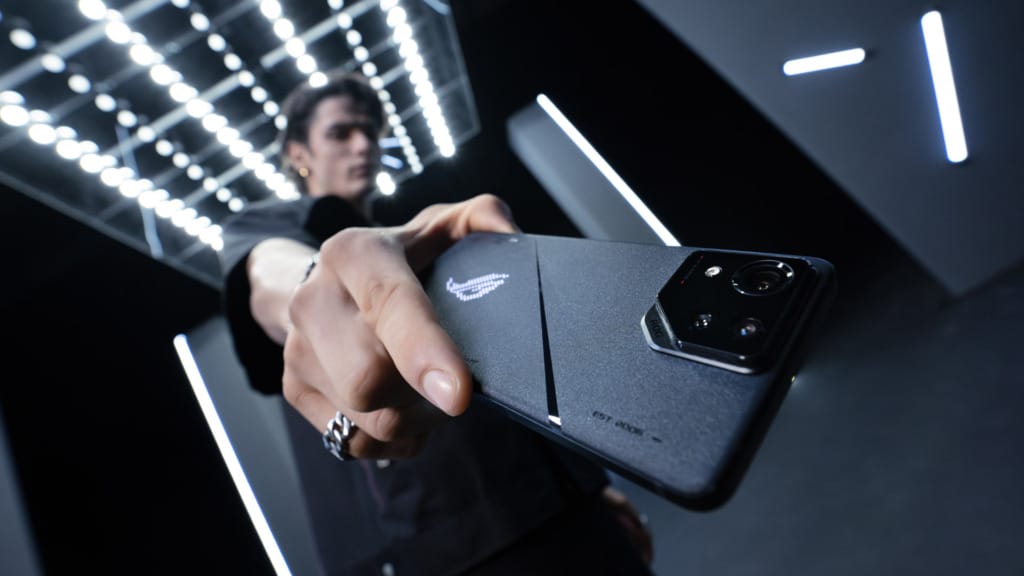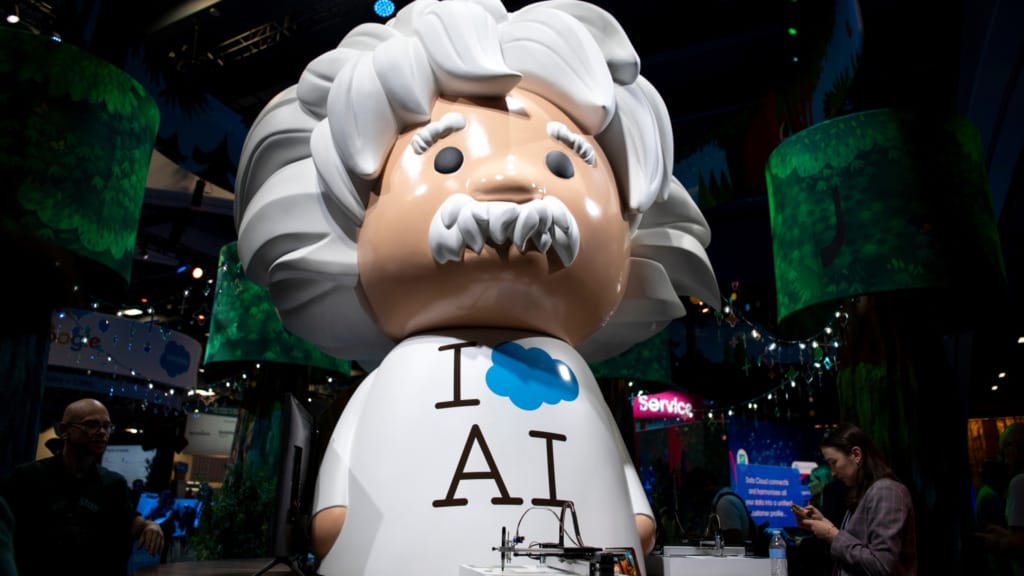The evolving role of AI in consumer electronics and enterprise solutions
Explore how AI is transforming both consumer electronics and enterprise solutions, highlighting the symbiotic relationship that drives innovation and efficiency across sectors.

Artificial Intelligence (AI) is swiftly revolutionising the consumer electronics industry, enhancing device functionality and user interactions. AI’s rapid data processing capabilities enable devices to be more responsive and intuitive, which is evident across a wide range of products from various manufacturers. Integrating advanced AI technologies marks this evolution, reshaping how consumers engage with technology.
Table Of Content
AI is being leveraged in laptops and personal computers to enhance performance and efficiency. For example, integrating Neural Processing Units (NPUs) in processors, as seen in some high-end laptops, such as Lenovo’s latest ThinkPad and IdeaPad laptops, allows these devices to manage power more intelligently, extend battery life, and handle multitasking more effectively. This technology speeds up the processing capabilities and optimises the laptop’s operation based on user behaviour and preferences.
The impact of AI is also significant in improving device usability and accessibility. Electronics can adapt to individual user needs by employing machine learning algorithms and offering customised settings and functionalities. This personalisation is becoming a cornerstone of product development strategies, aiming to make technology more adaptable and valuable in everyday life.
Innovations in AI for professional settings
AI is instrumental in enhancing productivity and security. Many business laptops now incorporate AI-driven features such as advanced noise-cancelling capabilities, which are crucial during virtual meetings. Similarly, AI-enhanced security measures, including facial recognition and real-time threat detection, provide robust protection against unauthorised access, ensuring that sensitive data remains secure.
Moreover, the integration of AI extends to more mundane but essential aspects of professional tools, such as automated scheduling and predictive typing, which streamline workflow and reduce users’ cognitive load. By automating routine tasks, AI allows professionals to focus on more complex and creative aspects of their work, thereby increasing overall efficiency and productivity.
These enhancements are pivotal in maintaining data security and ensuring that the devices can keep pace with the dynamic nature of modern business environments, thereby supporting a highly mobile and digitally connected workforce.

One example of such enhancements is Lenovo’s collaboration with NVIDIA to develop hybrid AI solutions for enterprises, which is a significant step toward bringing advanced AI capabilities into the business world. These solutions include potent servers and workstations optimised for AI tasks, enabling businesses to harness the power of generative AI for various applications, from complex data analysis to automated customer service systems.
AI in gaming and entertainment
The gaming industry is witnessing a transformative impact due to Artificial Intelligence (AI) integration, with companies like ASUS and Lenovo leading the charge in innovative applications. ASUS’s Republic of Gamers (ROG) series is a notable example, incorporating AI functions like AI Grabber, which extracts text from games, and Semantic Search for contextual photo album searches on the ROG Phones. These features enhance the gaming experience by offering gamers a more immersive and efficient interaction with their devices.

Lenovo’s efforts in the gaming sector are equally impressive. Their Legion gaming laptops now include proprietary LA AI chips, which provide higher frames per second and increased power efficiency, ensuring a superior gaming experience. First introduced last CES, These AI chips optimise gaming performance by dynamically adjusting settings to maintain optimal performance, which results in smoother gameplay and better graphics quality.
AI’s role extends beyond enhancing performance to enriching the gaming world. AI-driven NPCs (non-player characters) can now exhibit more complex and realistic behaviours and interactions, which breathe life into virtual environments. This advancement makes the game worlds more engaging and believable, significantly enhancing the player’s immersion. Additionally, AI develops adaptive soundscapes and lighting effects that respond to specific in-game actions and scenarios. These responsive environments adapt dynamically to the gameplay, heightening the overall sensory experience and drawing players deeper into the game.
The future of AI in gaming and entertainment promises even more groundbreaking developments. As AI technology continues to evolve, we expect to see more sophisticated AI integrations that refine game mechanics and personalise the gaming experience for individual players. Potential advancements include AI that can adapt game difficulty in real-time based on player performance or AI that can modify storylines to suit the preferences and actions of the player, creating a truly customised gaming experience. These innovations will likely redefine what games are capable of, offering players increasingly complex, adaptive, and immersive gaming experiences that push the boundaries of current technology.
From consumer technology to enterprise solutions
Advancements in AI in consumer products revolutionise personal technology and set a precedent for enterprise solutions. As consumers become accustomed to the intelligent functionalities provided by AI in devices like smartphones, laptops, and home automation systems, they begin to expect similar capabilities in business environments. This consumer-driven demand prompts companies to adapt and innovate their enterprise technologies accordingly.
For example, AI features that enhance user experience in consumer products, such as personalised recommendations on streaming platforms or smart home devices that learn and adapt to user behaviours, are increasingly mirrored in enterprise applications. Businesses are leveraging similar AI-driven personalisation to improve customer interactions and streamline operations. This shift is evident in sectors like retail and services, where AI-powered customer service bots provide personalised assistance, much like intelligent assistants in consumer technology.
Moreover, the success of AI in managing complex tasks in consumer gadgets, such as image and speech recognition, inspires enterprises to deploy AI for analogous tasks in professional settings. These include automating routine tasks like data entry, optimising supply chain logistics, or enhancing security measures with AI-driven surveillance systems that can identify and react to threats more efficiently than traditional methods.
Future implications and enterprise solutions
The landscape of enterprise technology is undergoing a transformative shift that holds profound implications for how businesses operate and interact with their customers. As technology rapidly evolves, enterprises are increasingly adopting innovative tools and systems that enhance operational efficiency and reshape their market presence and customer engagement strategies. This evolution is primarily driven by integrating advanced technologies such as artificial intelligence, machine learning, and the Internet of Things (IoT), which are becoming fundamental components of the modern technology stack.
Furthermore, the growing emphasis on customer-centric digital experiences and intelligent engagement ecosystems pushes companies to invest in technologies that offer deeper insights into customer behaviour and preferences. Advanced analytics and big data technologies enable businesses to parse vast amounts of data to glean actionable insights, which can be used to tailor services and products more closely to individual customer needs. This hyper-personalisation enhances customer satisfaction and drives loyalty and competitive advantage.

With the Einstein AI platform, companies like Salesforce provide predictive analytics, machine learning, and natural language processing capabilities that enable their customers to deliver personalised customer experiences. Adobe Experience Cloud is another company that offers advanced analytics and AI-driven insights that help businesses create personalised digital experiences across various channels.
In addition to improving customer interactions, AI and machine learning are being leveraged to automate complex business processes, from supply chain management to customer service. This automation streamlines operations and reduces the likelihood of human error, improving overall efficiency and reliability.
However, integrating these technologies also introduces new challenges, particularly in terms of cybersecurity. As enterprises become more connected and reliant on digital platforms, the risk of cyber threats increases. Businesses must, therefore, invest in robust cybersecurity measures and develop a security-conscious culture to protect their own and their customers’ data. This involves implementing advanced security technologies and ensuring continuous vigilance and adaptation to emerging threats.
The future of enterprise technology is marked by rapid innovation and the continuous adaptation of business models to leverage new capabilities. As companies navigate this complex landscape, they must remain agile and responsive to technological advancements and evolving market demands. The successful integration of new technologies will drive operational efficiencies and cost reductions, enable businesses to deliver enhanced customer experiences and achieve sustainable growth.
The symbiotic evolution of consumer and enterprise technologies
As we observe the rapid advancements in enterprise technology, it’s crucial to recognise that the innovation cycle between consumer and business applications is increasingly symbiotic. Innovations that start in consumer technology often find their way into enterprise solutions, enhancing each iteration.
This continuous feedback loop is vital for driving forward the technology frontier. The advancements in enterprise technology transform business operations and elevate the consumer experience, making technology more intuitive and responsive. As the boundary between consumer and enterprise technology continues to blur, this dynamic interplay ensures that innovations in one sphere enhance functionalities in the other, propelling both sectors towards unprecedented levels of innovation and efficiency.
















